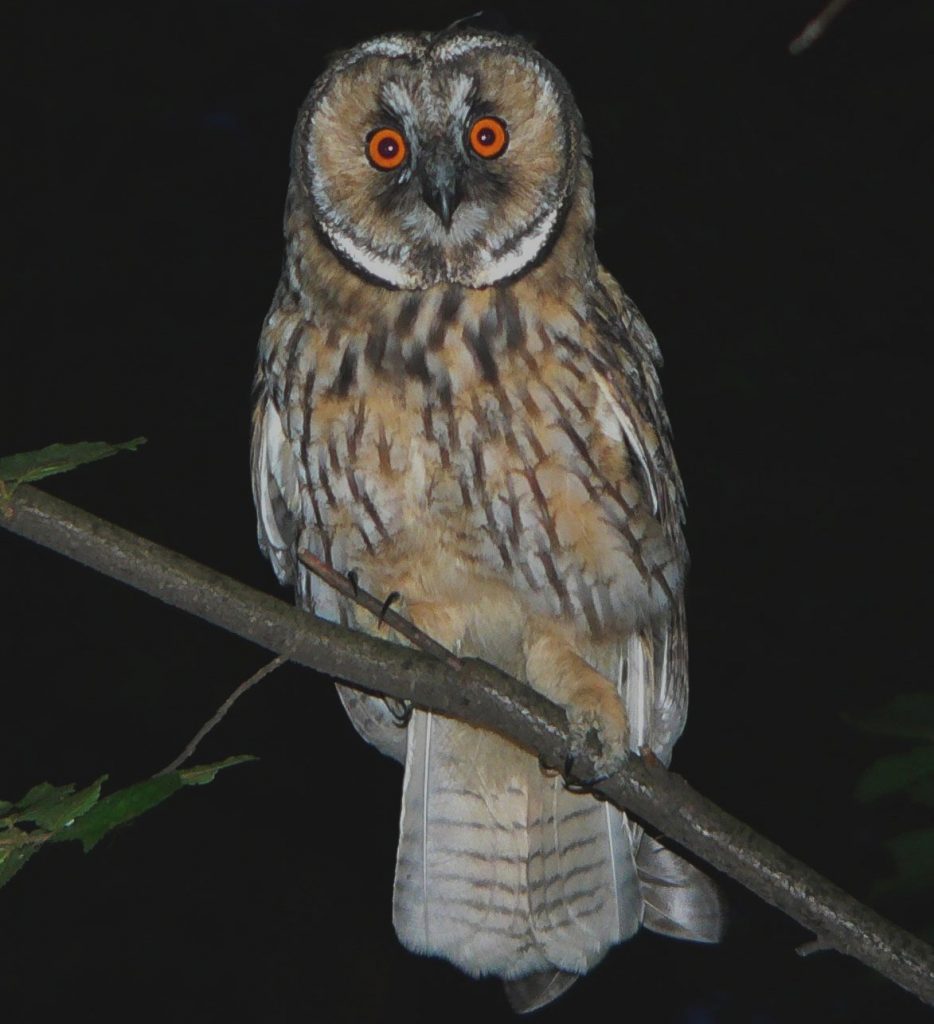This post is also available in Dutch.
Just a few weeks ago, we posted this blog post, giving you advice on how to get rid of jet lag when travelling. We introduced multiple ways to readjust your sleep-wake cycle to a new time zone. However, apart from travelling, there are other reasons why you might want to alter your sleeping pattern. This is, for example, the case for night owls, people with a later-than-usual sleep and wake time.

Night owls often face problems like daytime sleepiness and not being able to perform as well as they would like to in the morning. Additionally, night owls often don’t feel at ease because of the mismatch between their sleep pattern and the standard 9-to-5 work day or the standard social schedule. This might even be one of the reasons why night owls are at a higher risk for depression.
Therefore, researchers tested 22 healthy participants to see if a number of simple measures would be able to advance the sleep and wake times without affecting sleep duration or sleep quality. And indeed: while participants had an average bedtime of 2.30am and wake-up time of 10.15am at the beginning of the study, they were able to shift their schedule two hours ahead after following certain routines for just three weeks!
During the three weeks, participants were asked to adhere to the following guidelines:
- Wake up and go to bed 2-3 hours earlier than usual.
- Keep the sleep and wake times the same (within 15-30 min) for both work and free days.
- Maximize exposure to outdoor light in the morning and limit general light exposure in the evening.
- Keep a regular schedule for daily meals. Eat breakfast as soon as possible after waking up, eat lunch at the same time every day and do not eat dinner after 7.00pm.
- Do not drink caffeine after 3.00pm and do not nap after 4.00pm.
- Schedule exercise during the morning (not during the afternoon/evening).
With these relatively simple adjustments participants did not only manage to shift their biological rhythm such that it matched societal demands better, but they also reported better mental health, in particular less stress and signs of depression. The researchers also found that sleepiness was reduced in the morning. Moreover, participants also underwent some simple tests of cognitive (reaction time) and physical (grip strength) performance throughout the day at the beginning and end of the study. During the three weeks, the time at which participants performed best in these tests changed from evening to afternoon. This all sounds very promising, however, researchers are not sure yet if these changes persist long-term. Still, if you experience some of the typical night owl symptoms like daytime sleepiness and are bothered by it, why don’t you try out the routines described above and see where it takes you?
Original language: English
Author: Eva Klimars
Buddy: Francie Manhardt
Editor: Mónica Wagner
Translator: Jill Naaijen
Editor Translation: Floortje Bouwkamp
